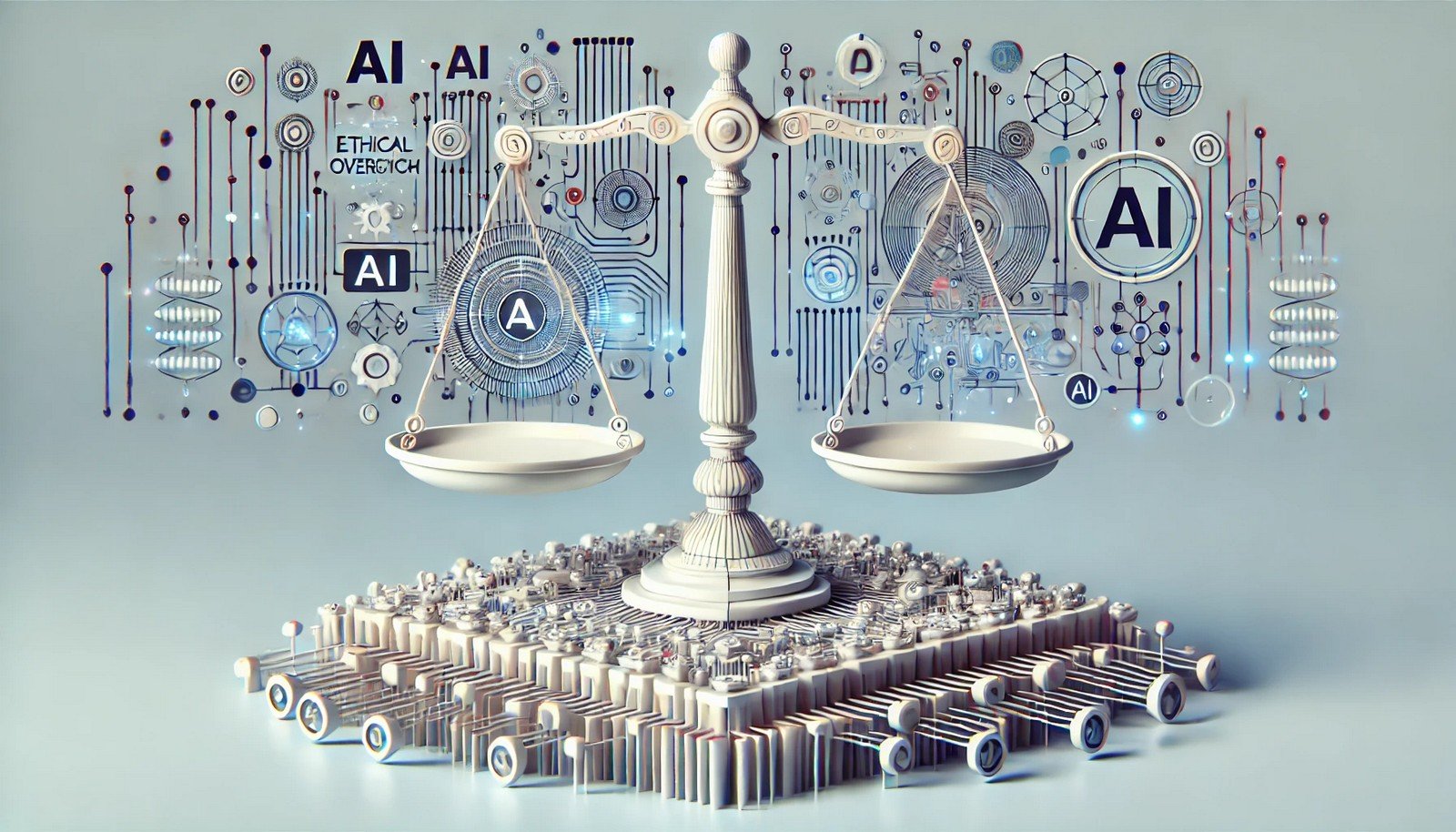AI Governance

Quick Navigation:
- AI Governance Definition
- AI Governance Explained Easy
- AI Governance Origin
- AI Governance Etymology
- AI Governance Usage Trends
- AI Governance Usage
- AI Governance Examples in Context
- AI Governance FAQ
- AI Governance Related Words
AI Governance Definition
AI Governance refers to the policies, guidelines, and frameworks that ensure the responsible development and use of artificial intelligence. It encompasses ethical principles, regulatory guidelines, and technical standards designed to manage risks and maximize the societal benefits of AI. By focusing on accountability, transparency, and fairness, AI Governance addresses critical issues such as data privacy, algorithmic bias, and accountability in automated decision-making systems.
AI Governance Explained Easy
Imagine AI is like a powerful tool that can help in many ways, like predicting the weather or driving cars. But, just like with any powerful tool, we need rules to use it safely and fairly. AI Governance is about making sure these rules are in place so that AI helps people without causing harm or unfairness.
AI Governance Origin
The concept of AI Governance emerged as artificial intelligence technologies advanced rapidly, especially in the 2010s. As AI's capabilities grew, so did concerns about its societal impact, leading policymakers, tech companies, and international organizations to develop frameworks that address the ethical and practical aspects of AI.
AI Governance Etymology
The term “governance” in AI Governance reflects the oversight needed to ensure AI technologies align with societal values and ethical standards. It draws from the idea of “governing” AI systems to be used responsibly.
AI Governance Usage Trends
AI Governance has become an increasingly important field as AI applications expand in sectors such as healthcare, finance, and law enforcement. The growth of AI has prompted governments, companies, and organizations worldwide to draft policies and standards addressing AI ethics, privacy, and accountability. This trend emphasizes the importance of responsible AI to prevent misuse and ensure public trust.
AI Governance Usage
- Formal/Technical Tagging:
- AI Ethics
- Technology Policy
- Machine Learning Oversight - Typical Collocations:
- "AI governance frameworks"
- "AI policy and ethics"
- "regulatory AI governance standards"
- "ethical AI guidelines"
AI Governance Examples in Context
- Governments are developing AI governance frameworks to manage the ethical risks associated with AI in law enforcement.
- Tech companies adopt AI governance practices to ensure their algorithms are fair and unbiased.
- The healthcare industry uses AI governance to protect patient data and ensure accuracy in AI-assisted diagnostics.
AI Governance FAQ
- What is AI Governance?
AI Governance is a set of policies and frameworks that guide the ethical and responsible development of AI technologies. - Why is AI Governance important?
AI Governance is essential to manage the potential risks of AI, ensuring its safe, fair, and transparent application. - Who is responsible for AI Governance?
Responsibility lies with governments, international organizations, tech companies, and researchers. - How does AI Governance address privacy issues?
By enforcing data protection standards, AI Governance helps safeguard user privacy in AI applications. - What are some AI Governance frameworks?
Frameworks include the EU AI Act, IEEE’s Ethically Aligned Design, and the OECD AI Principles. - How does AI Governance prevent AI bias?
AI Governance promotes transparent algorithms, diverse data sources, and regular audits to reduce biases. - What challenges does AI Governance face?
Challenges include rapid technological advancements, differing international regulations, and balancing innovation with ethics. - How can companies implement AI Governance?
Companies can establish ethical guidelines, conduct AI audits, and ensure transparency in AI processes. - Are there global standards for AI Governance?
Efforts are underway, such as the OECD AI Principles, but global standards are still developing. - How does AI Governance affect AI development?
Governance frameworks guide developers to build AI systems that prioritize safety, fairness, and accountability.
AI Governance Related Words
- Categories/Topics:
- AI Ethics
- Regulatory Frameworks
- Machine Learning Oversight
- Data Privacy
Did you know?
AI Governance became a major focus in 2021 when the European Union proposed the AI Act, the first legislative framework aimed at regulating artificial intelligence. The Act categorizes AI risks and sets strict requirements for high-risk applications to ensure they meet safety and ethical standards.
PicDictionary.com is an online dictionary in pictures. If you have questions or suggestions, please reach out to us on WhatsApp or Twitter.Authors | Arjun Vishnu | @ArjunAndVishnu

I am Vishnu. I like AI, Linux, Single Board Computers, and Cloud Computing. I create the web & video content, and I also write for popular websites.
My younger brother, Arjun handles image & video editing. Together, we run a YouTube Channel that's focused on reviewing gadgets and explaining technology.



Comments powered by CComment